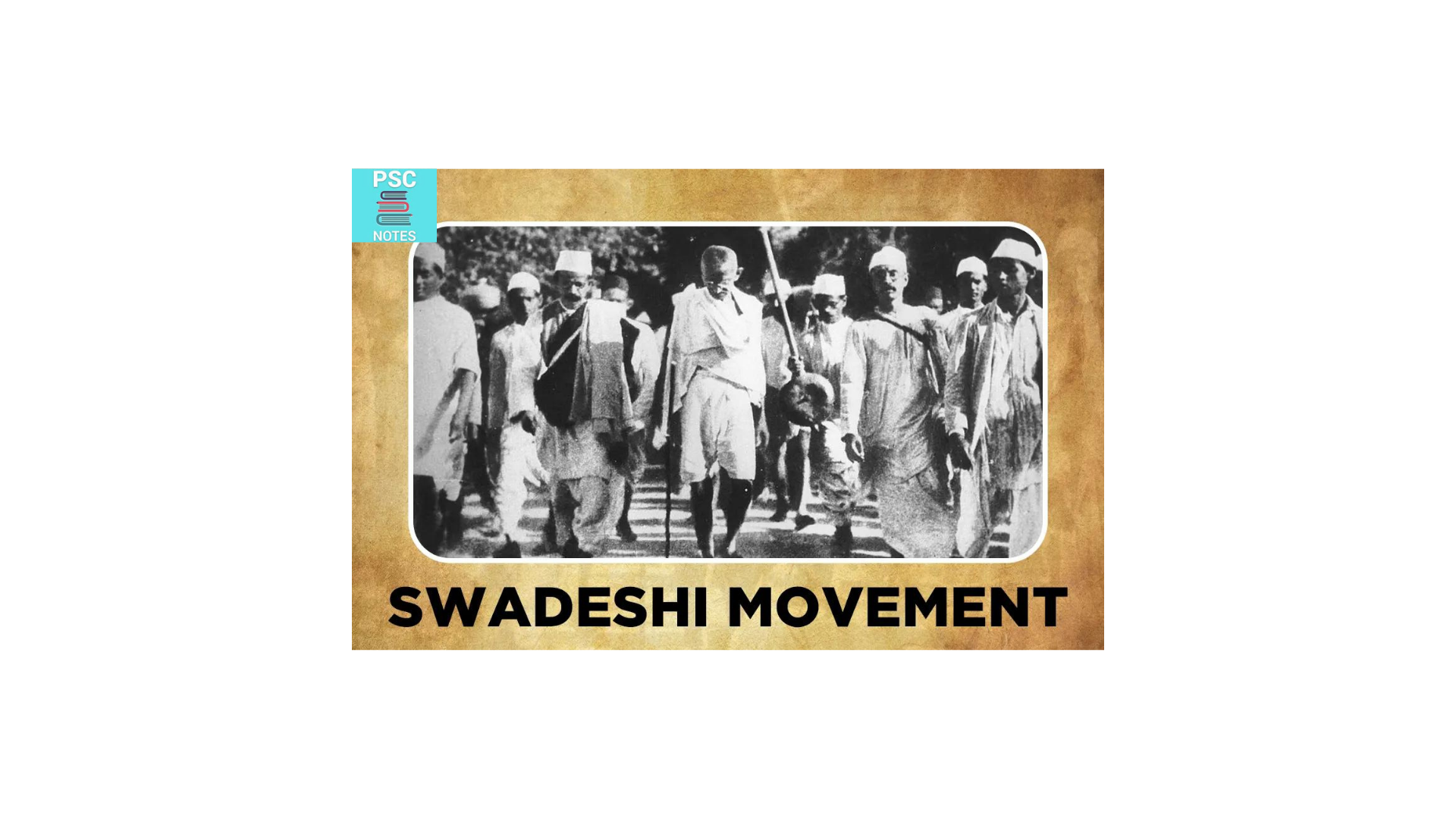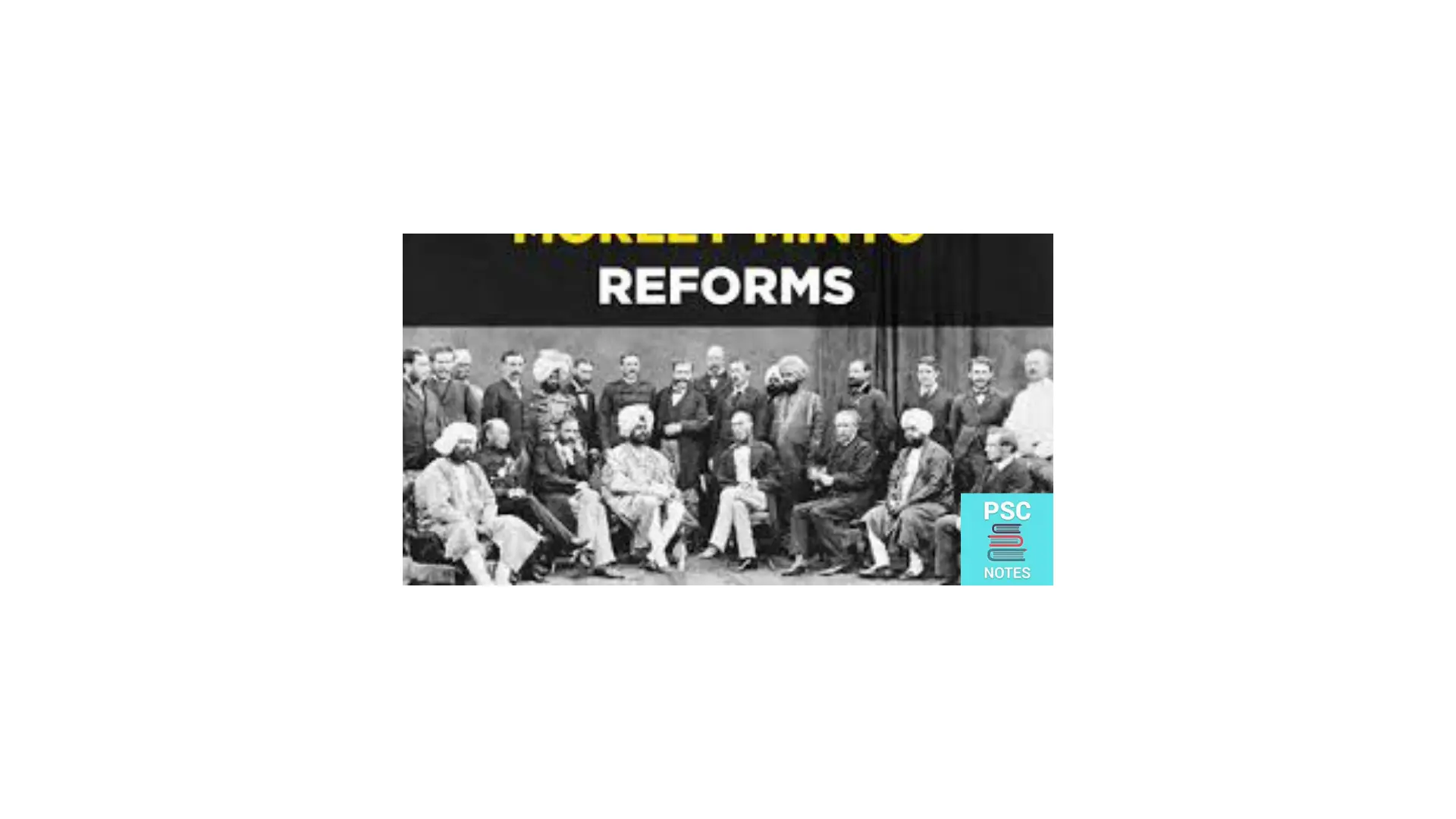The Home Rule Movement- For RAS RTS Mains Exam and Ras Rts Prelims Examination
After being released in 1914, Tilak sought re-entry into Congress. Annie Besant and Gokhale supported. But finally Pherozshah Mehta won and Tilak was not admitted. Tilak and Besant decided to start The Home Rule Movement on their own. In early 1915, Annie Besant (and S Subramaniya Iyer) launched a campaign through her two newspapers, New … Read more


